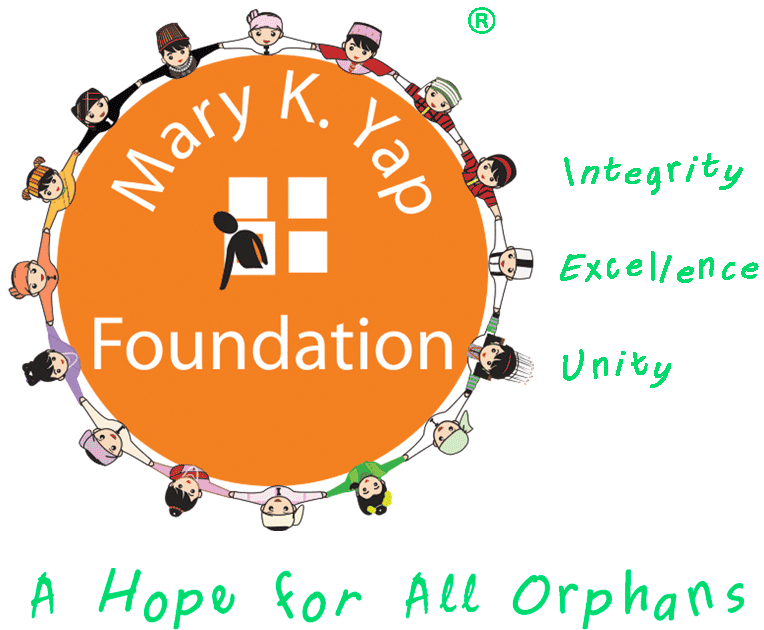Support our clean water initiatives.
Taxpayers can give in the US and Euros currency and receive tax gift certificates for their contributions.
Making a Difference ●Building Dreams ● Creating Impact ● Saving Lives
No products in the cart.


Our clean water program, #H20Hope campaign initiative, is a comprehensive initiative aimed at ensuring universal access to safe and sustainable drinking water. We recognize the critical importance of clean water in promoting health, well-being, and economic development for communities worldwide. Through our multifaceted approach, we address various aspects of water accessibility, quality, and conservation. One of the key pillars of our program is infrastructure improvement. We work closely with local governments, NGOs, and community leaders to implement water purification systems, upgrade water distribution networks, and establish reliable water sources. These efforts not only provide immediate access to clean water but also lay the foundation for long-term sustainability.
Education plays a crucial role in our program as well. We believe that raising awareness about water conservation practices, hygiene, and the importance of clean water is essential for fostering a culture of sustainability. Our educational initiatives target individuals of all ages, including children in orphanages, empowering them with knowledge and skills to safeguard water resources. In addition to infrastructure and education, we also prioritize water quality monitoring. Regular testing and analysis ensure that the water supplied meets safety standards, protecting communities from waterborne diseases and contaminants. This proactive approach to water quality management is integral to our mission of providing safe drinking water to all.
Advocacy is at the heart of our work. We engage in policy discussions and campaigns at local, national, and international levels to advocate for regulations that promote water accessibility, sustainability, and equity. By amplifying the voices of communities in need and advocating for their rights to clean water, we drive meaningful change and progress. Through these concerted efforts and partnerships, we strive to create a world where clean water is not just a privilege but a fundamental human right. Our commitment to universal access to safe drinking water remains a top priority, and we will continue to innovate, collaborate, and advocate until this goal is achieved for every individual and community.
Orphanages are invited to share their needs for a clean drinking water support by completing Form 6A Clean Water.
Please go to the Update Section of the Website Tab. Then, click the Sign-Up Forms Tab. You will select the relevant forms that apply to your needs. Send back the completed forms to the email address provided.
Our food programs are free of charge for orphanages registered with us.
We have established valuable partnerships with both local and international food donors, working together to address the needs of underserved orphanage communities. These collaborations allow us to leverage resources and expertise, ensuring that nutritious meals reach those who need them the most.
We will first complete a feasibility study, follow by two days of gardening practices lessons with our certified partners. Afterwards, Orphanages can create sustainable gardening by implementing practices such as composting, water conservation, organic gardening methods, and engaging children in gardening activities to cultivate your own food.

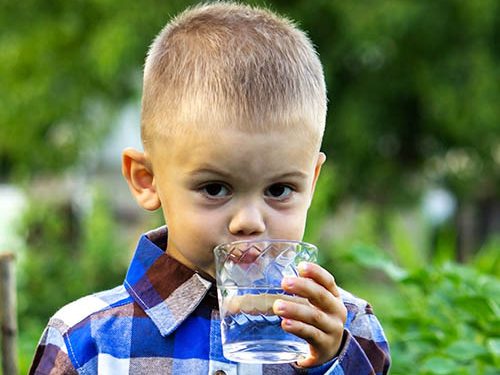
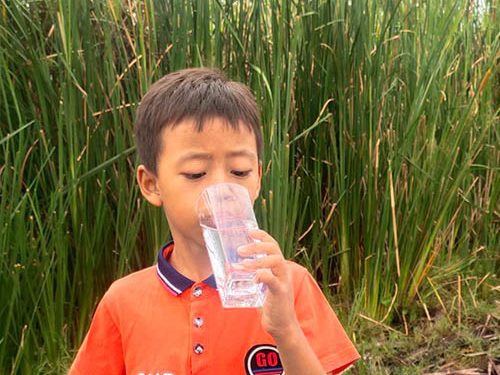
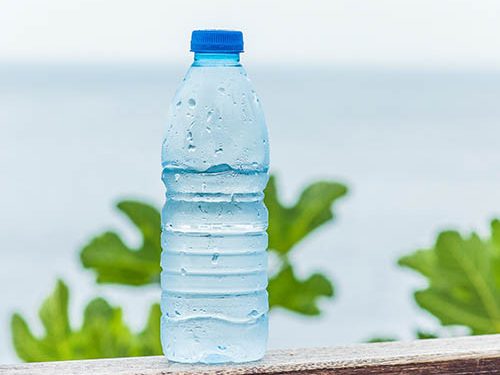
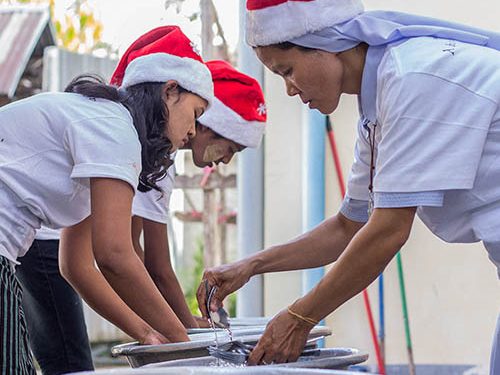
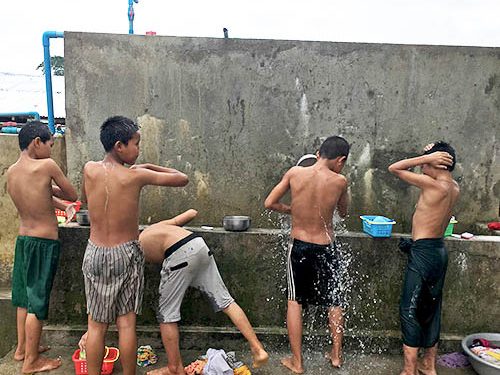
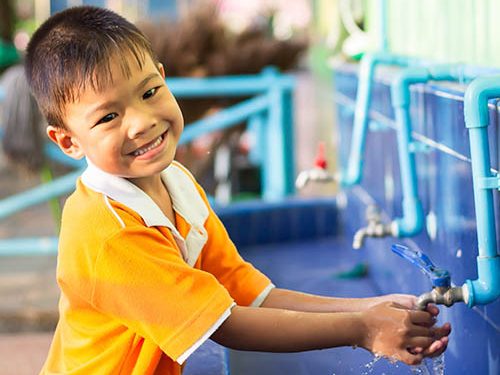
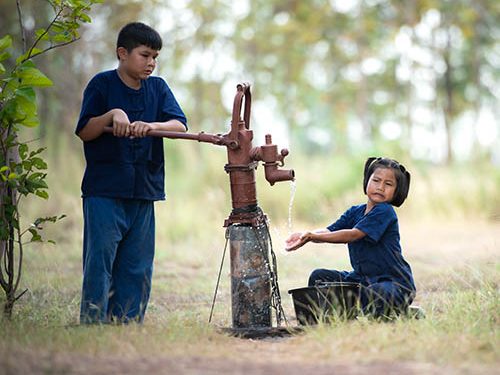
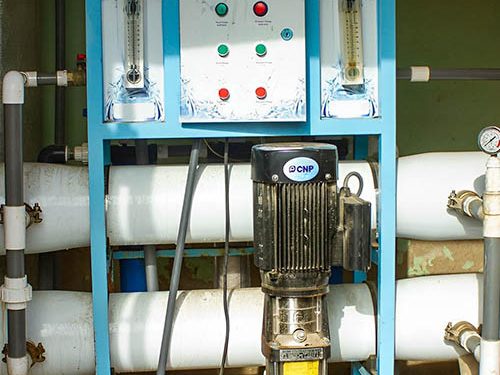
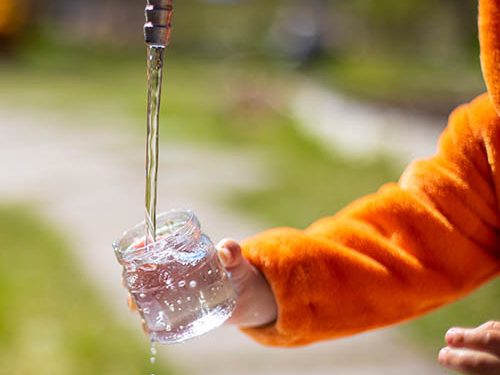
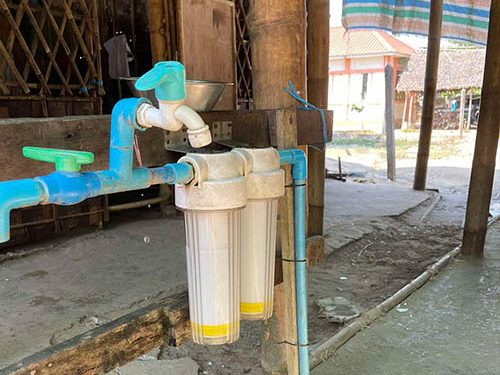
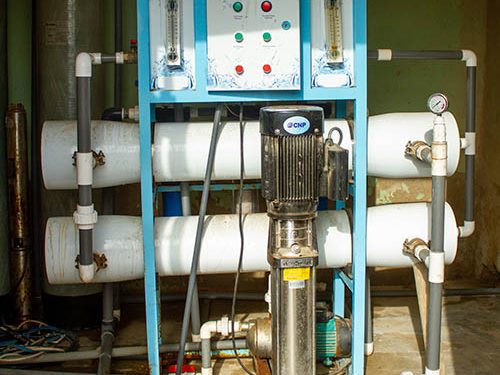
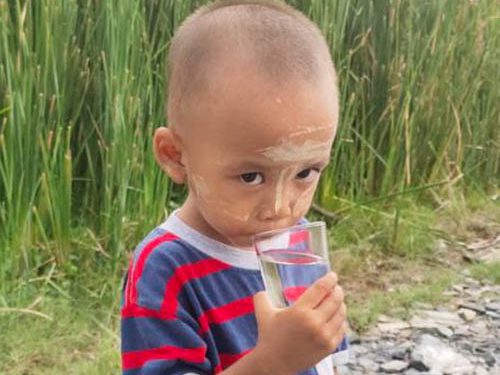
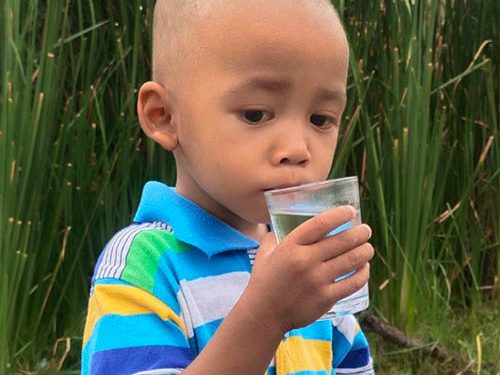
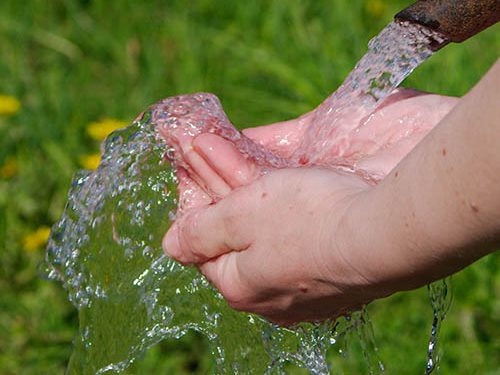
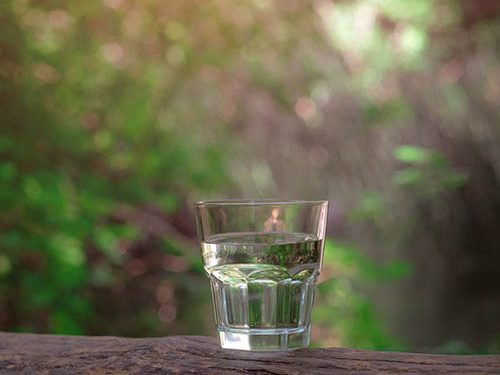
Taxpayers can give in the US and Euros currency and receive tax gift certificates for their contributions.
